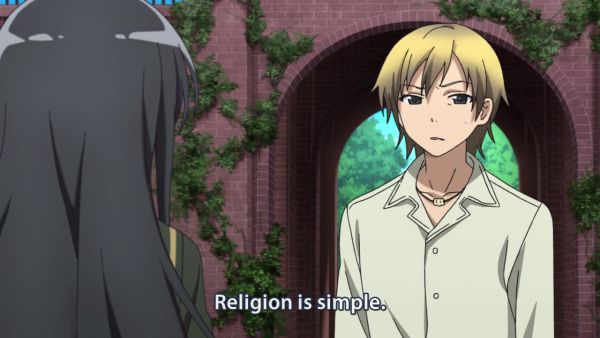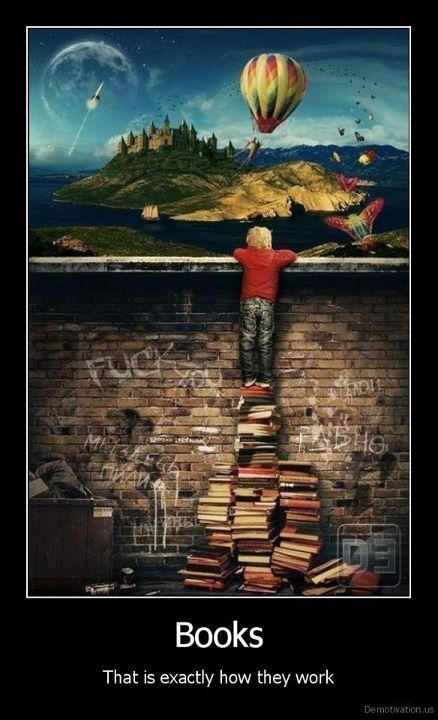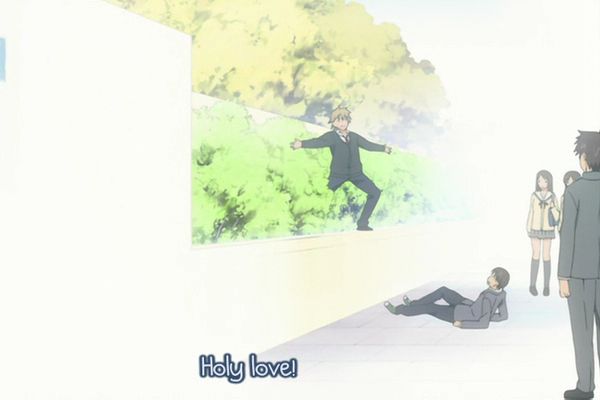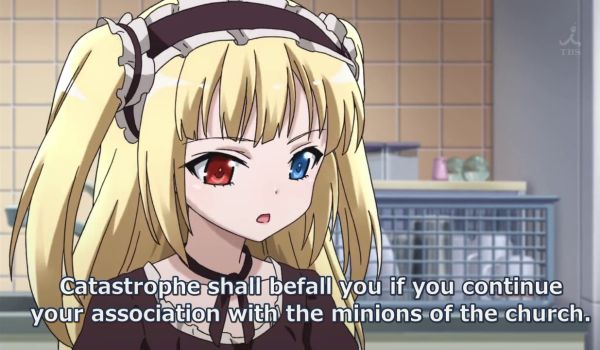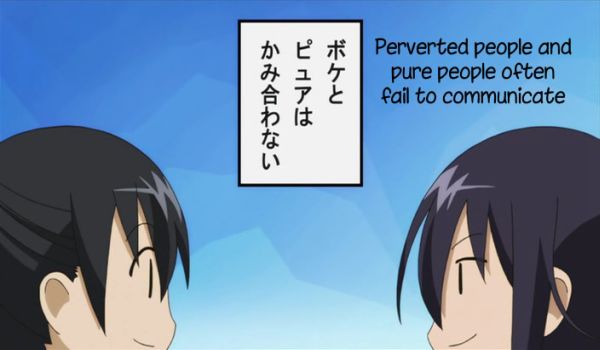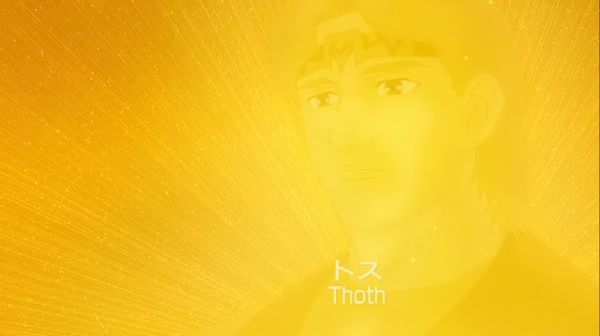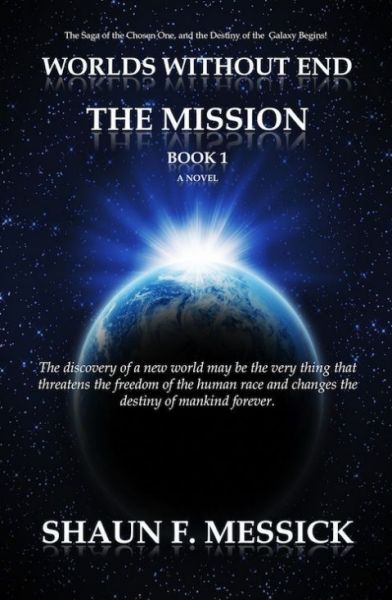
Book cover
This is a more complete review of Shaun F. Messick’s book, Worlds Without End: The Mission. A shorter review was posted on Goodreads, where I first was made aware of the book.
While I don’t read much SF anymore, I used to read them before, and occasionally still do if they are recommended or seem particularly interesting. Â I liked the idea of worlds without end, which is in fact some of the appeal of the genre. Good Science Fiction should ideally convey a sense of awe, of majesty and grandeur. This certainly does not happen with every book, but at least it looked like an attempt. Besides, it was cheap.
Unfortunately, this book is cheap in more ways than one. The authors seems to have been too cheap to use a professional editor, which shows in many ways. In fact, I believe a professional editor would have said “Nice first draft” or words to that extent, sending the author back to the computer for a thorough rewriter. But what is more baffling is that the author has not even got three older relatives to read through it, otherwise it would not have been published with numerous spelling errors of the kind that are not redlined by word processors (for example, “window pains”). For the love of your reputation, such as it is, get some old English teacher to read through your book before you publish it, OK?
Occasionally I have met Mormons, members of the Church of Latter-Day Saints, wandering around trying to push their add-on Holy Scripture. The author of this book is one of them. You may have wondered what they are like off-duty. This book will not give the answer to that. It is studded with references to how the Book of Mormon is the Truth, and how people who earnestly pray to God about the Book of Mormon will know in their heart that it is the Truth, and various quotes from Mormon Holy Scripture. It is, in short, Mormons! In space!
This is actually one of the more charming traits of the book. Â It also has some actual drama starting a bit before the middle, drama that is neither predictable nor seemingly random. After a cringeworthy amateurish start, the book does pick up speed. It looks like the author may after all have a complex plot that is under his control. This may well be true. Unfortunately, we won’t know until the next book comes out – and I, for one, am not likely to find out even then, unless the book is free and I am more bored than I have been in decades. You see, the end… isn’t there. It looks like the author, while writing one of the chapters, realized that he had hit the word count necessary for a novel. He hastily wraps up the chapter, with rather more brevity than usual, and stops writing.
Let me say this again: The book has no ending. It is basically like the first part of a bigger book, which someone has cut in two (or more?), but had the decency to cut between two chapters. Perhaps the author does this to ensure that the readers buy the next book. But there is an even easier solution: Don’t buy this one.
It is a sad fact of life that we don’t all excel at everything. Most of us aren’t very good at writing novels. Messick is one of this majority, but despite this he has gone off and published a book without the necessary professional assistance. Â This is kind of like cutting your own hair: A few people can pull this off, but if you don’t, you may want to get some assistance before going out in public.
Now that we have established that it is a lousy book, let us zoom in on the fact that it is a lousy sci-fi book. It is set in the relatively near future, and the tech level seems mostly realistic. So far, so good. But the science is weak, so weak that it is showed aside without so much as “by your leave” whenever religion decides it wants the space for itself. Evidently the Mormon religion establishes that there are other inhabited planets, as shown from the (uniquely Mormon) Scripture quotes that explains why there are two planets populated by humans 22 light years from Earth. Not only are they human, they are indistinguishable from humans on Earth, except that the population on one of the planets have a “god gene” that makes them stronger, healthier and with psychic powers.
I don’t know enough Mormon theology to say whether it would be blasphemy to make the space people green or furry or otherwise distinguishable from Earth humans. I kind of hope not, given the pretty wide variation there is among Earth humans. But I am pretty sure even theology does not demand that they use the Latin alphabet (something that is described repeatedly and in detail in this book). Or that their architecture looks like ours did a couple centuries ago. On a world with two moons, and with different continents.
There is, I sincerely believe, a pretty broad line between “Mormon” and “moron”. The alphabet thing crossed that. This was just dumb. I hope for the sake of the author’s high school teacher that he or she has passed on in peace or left for some non-English-speaking country before this book was let loose on the public.
I generously awarded this book two stars out of five. That may sound a lot after the carnage of this review. But let us face it, the supply of books about Mormons in space is very low, and Shaun Messick has courageously set out to fulfill the demand. The book is also without the now almost mandatory sex scenes which other authors seem to insert randomly. I appreciate that. If you are a Mormon who would normally feel bad about reading SF, this is your chance. Certainly that deserves some credit. You may want to delay reading it until the ending is out, though.

